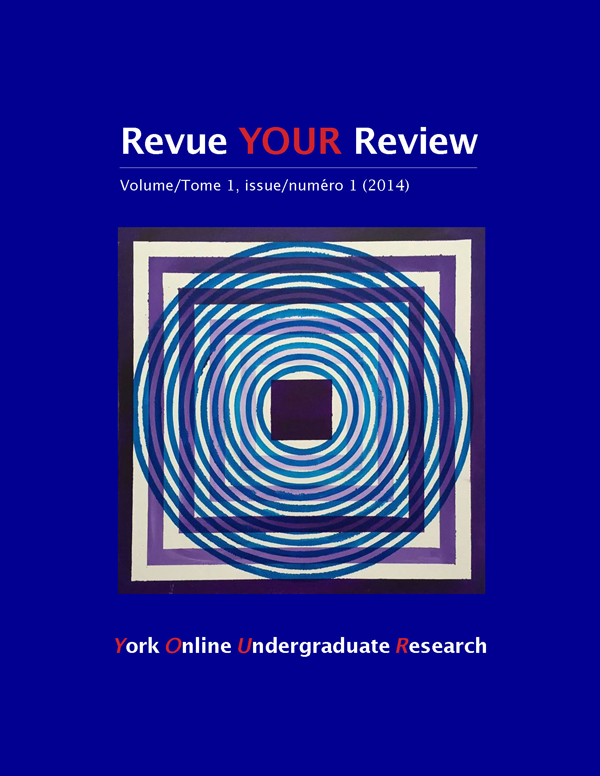Claws of Catharsis: The Food Narrative of Lobster Eating
Résumé
When it comes to eating meat, humans employ many techniques to distance themselves from the animal, or the animal from the meat, in order to mask the reality of eating a once-living being. However, the practice of eating lobster is a special occasion in which many North Americans seem to set aside wilful blindness in order to indulge in their gustatory desires. How do urban meat eaters rationalize eating lobster when the distance that they have created between themselves and the animal, and the animal and the meat, has collapsed? By analyzing the common techniques used to assuage guilty feelings when eating meat and demonstrating how eating lobster, like most cruel foods, intentionally defies those conventions, I explore humans’ need to create a harsh and definite distinction between human and animal. This analysis contributes to the study of animals in human cultures, and how perceptions of the animal both crystallize and confound our understanding of the human. It is through the practice of lobster eating that humans reassert their dominance over animals while simultaneously indulging in animal-like behaviour. The pleasure of lobster eating exists within the contradiction of ignoring, yet acknowledging, not only a lobster’s humanity, but a human’s animalness.Téléchargements
Comment citer
Numéro
Rubrique
Licence
Les auteurs qui contribuent à la Revue YOUR Review acceptent de publier leurs articles selon une des trois catégories de la licence 4.0 : Creative Commons Attribution 4.0 International; Creative Commons Attribution-Pas d'Utilisation Commerciale 4.0 International; ou Creative Commons Attribution-Pas de Modification 4.0 International. Tout contenu éditorial de ce site ainsi que les affiches et les résumés sont sous la licence Creative Commons Attribution-Pas de Modification 4.0 International. Pour plus d’informations, veuillez voir :
https://creativecommons.org/licenses/
Dans tous les cas, les auteurs conservent leurs droits d’auteurs et concèdent à la Revue YOUR Review le droit de première publication. Les auteurs peuvent, par la suite, conclure d’autres accords de distribution non exclusifs de la version publiée dans ce périodique (par exemple, l’afficher à un dépôt institutionnel ou le publier dans un livre ou dans un autre périodique) à condition que la reconnaissance fasse mention de la publication originale dans la Revue YOUR Review.


